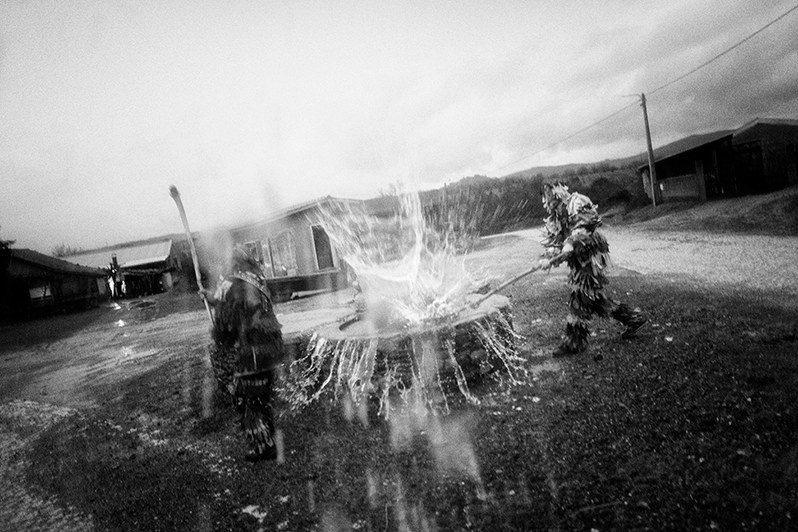Выравнивание текста
Although I was born in Lisbon, my family is from Trás-os-Montes, so my heart also belongs there. I still remember my childhood days when the villages were full of people and animals. With the test of time, I realised that everything was about to change.
In fact, the emigration of local people to countries such as France, Spain and Switzerland had a great impact on the region. But immigration also took place, as many people decided to move to the big cities, mainly to the capital, Lisbon. This meant that since the 1970s the population of the Trás-os-Montes region has been shrinking at a worrying rate. Besides these circumstances, a considerable number of elderly people moved to elderly people’s homes, where they are taken care of and looked after.
For all these reasons, in 2010 I began to explore various villages of Trás-os-Montes in search of a past that seemed more and more distant to me.
In fact, what I found that great part of the villages are already deserted, people no longer develop community tasks as they did in the past. For example, something very common in the past was the "bread cycle", in which people did the sowing, reaping, threshing, grinding and the baking of the bread. I noticed that many people started to cultivate a piece of land only for their own consumption and stopped raising cattle (cows, pigs, sheep, and goats).
This series of photographs is a small mirror of some of the last of these people, the Transmontanos. Transmontanos living the transition from a vanished world, where, despite having scarce resources, they saw their village houses filled with large families, where all the tasks were shared as a community.
Although the hours now go by more slowly, these people continue to regulate their lives, and their actions, by ancestral principles: solidarity, friendship, sincerity, respect for the deceased and the belief in God. No one has time to aspire to more because no one wants more. Life here has another meaning and it is also here that it presents itself in its true essence: Life without complications or useless concerns, unmeasured ambitions or hassles, and in which the genuineness of people, the elderly and the young, can only be compared to the uniqueness of a child.
In Tolstoy's "How Much Land Does a Man Need", a peasant says: "If I had enough land, I wouldn't be afraid of the Devil!"
Here everyone fears the Devil. Even the dead are humble.
Paulo Nunes 2023


































































































